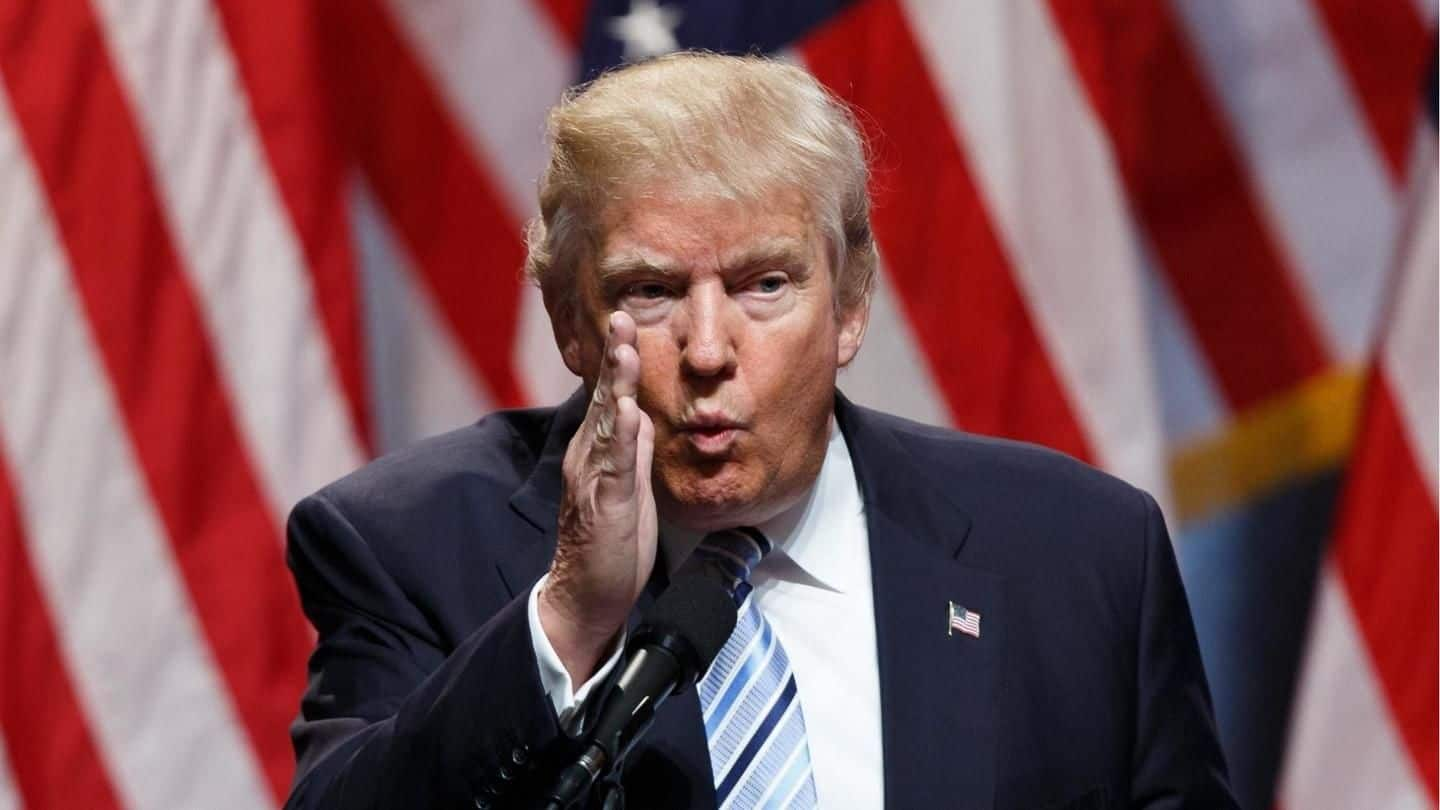
Trump administration bans transgender people from serving in the military
What's the story
On Friday, the White House announced a policy which bans transgender people from serving in the US military "except under certain limited circumstances". White House press secretary, Sarah Sanders said that the policy had been "developed through extensive study by senior uniformed and civilian leaders, including combat veterans" under Defense Secretary James Mattis's directions. However, the policy is facing scathing criticism and legal opposition.
Quote
The White House press secretary justifies the policy
"This new policy will enable the military to apply well-established mental and physical health standards -- including those regarding the use of medical drugs -- equally to all individuals who want to join and fight for the best military force," added press secretary Sarah Sanders.
Earlier attempt
Trump's earlier attempt to ban transgender people from military service
USA's ban on transgender people serving in the military was lifted by the Obama administration in 2016. In July 2017, Trump had announced reinstatement of the ban through a tweet, saying that the military "cannot be burdened with the tremendous medical costs and disruption" associated with transgender people. Protests erupted and transgender troops took the policy to federal courts which halted its implementation.
Quote
When transphobia is presented as policy
"What the White House has released tonight is transphobia masquerading as policy. This policy is not based on an evaluation of new evidence," said Joshua Block, a senior staff attorney at the American Civil Liberties Union's LGBT and HIV Project, commenting on the new policy.
New policy
The new policy and the exemptions it offers
The new policy banning transgender people from military service offers a few exceptions. These exceptions, according to a White House memo, are for transgender people who have been "stable for 36 consecutive months in their biological sex prior to accession" or service-members who "do not require a change of gender". Transgender troops who started service under the Obama administration's policy are also exempted.
Criticism
LGBTQ advocacy groups, Republican senators, retired generals criticize the policy
While LGBTQ advocacy groups and activists have pushed back against the new policy for its discriminatory and demeaning nature, others have criticized the policy too. Numerous Republican senators including the likes of John McCain, Susan Collins, and Orrin Hatch have criticized the policy. Meanwhile, over 50 retired generals and admirals have signed a letter saying that the ban would degrade USA's military readiness.